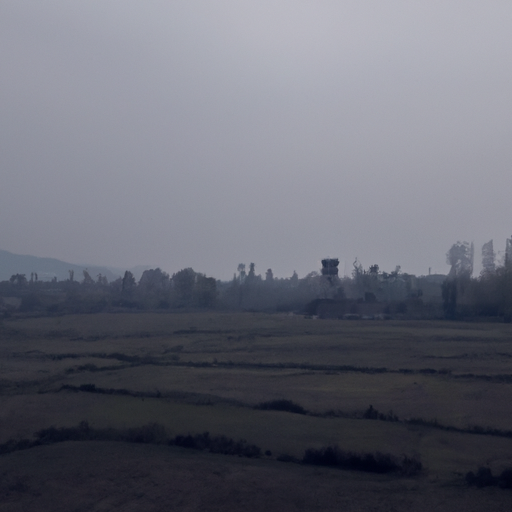-
Table of Contents
Does it Rain Heavily in Kashmir?

Does it rain heavily in Kashmir? The region of Kashmir, known for its picturesque landscapes and serene beauty, is often referred to as ‘Paradise on Earth’. But does this paradise experience heavy rainfall? The answer is yes. The region’s climate is characterized by a unique blend of the monsoon and the Mediterranean type of climate, which results in significant rainfall, especially during certain periods of the year.
Understanding Kashmir’s Climate
Kashmir’s climate is divided into four distinct seasons: spring, summer, autumn, and winter. Each season has its own unique weather patterns, contributing to the overall rainfall in the region.
- Spring (March to May): This is the season when Kashmir starts to thaw after the harsh winter. The weather is pleasant, with moderate rainfall.
- Summer (June to August): Summers are warm but not too hot, with temperatures ranging between 20°C and 30°C. This is also the monsoon season, and the region experiences heavy rainfall.
- Autumn (September to November): Autumn sees a decrease in rainfall, with the weather turning cooler.
- Winter (December to February): Winters are cold and harsh, with heavy snowfall rather than rain.
Monsoon Season in Kashmir
The monsoon season in Kashmir, which typically extends from late June to August, is when the region experiences the heaviest rainfall. According to the India Meteorological Department, the average rainfall in Kashmir during the monsoon season is around 620 mm. This heavy rainfall is crucial for the region’s agriculture, replenishing water bodies and maintaining the lush greenery that Kashmir is famous for.
Impact of Heavy Rainfall in Kashmir
While the heavy rainfall during the monsoon season is beneficial for the region’s ecology, it can also lead to several challenges. Flooding is a common occurrence during this period, often leading to loss of life and property. The 2014 floods in Kashmir, caused by unprecedented rainfall, were one of the worst in the region’s history, affecting hundreds of thousands of people.
Climate Change and Rainfall in Kashmir
Climate change is having a significant impact on weather patterns worldwide, and Kashmir is no exception. Studies indicate that the region is experiencing an increase in extreme weather events, including heavy rainfall. A study by the University of Kashmir found that the region’s average annual rainfall has increased by about 15% over the past three decades, a trend that is expected to continue due to global warming.
Conclusion
In conclusion, Kashmir does experience heavy rainfall, particularly during the monsoon season. This rainfall is vital for the region’s ecology but can also lead to challenges such as flooding. With climate change leading to an increase in extreme weather events, including heavy rainfall, it is crucial for the region to implement effective climate adaptation and disaster management strategies to mitigate the impact of these events.
Read More: Is Srinagar safe for tourists?



0 Comment